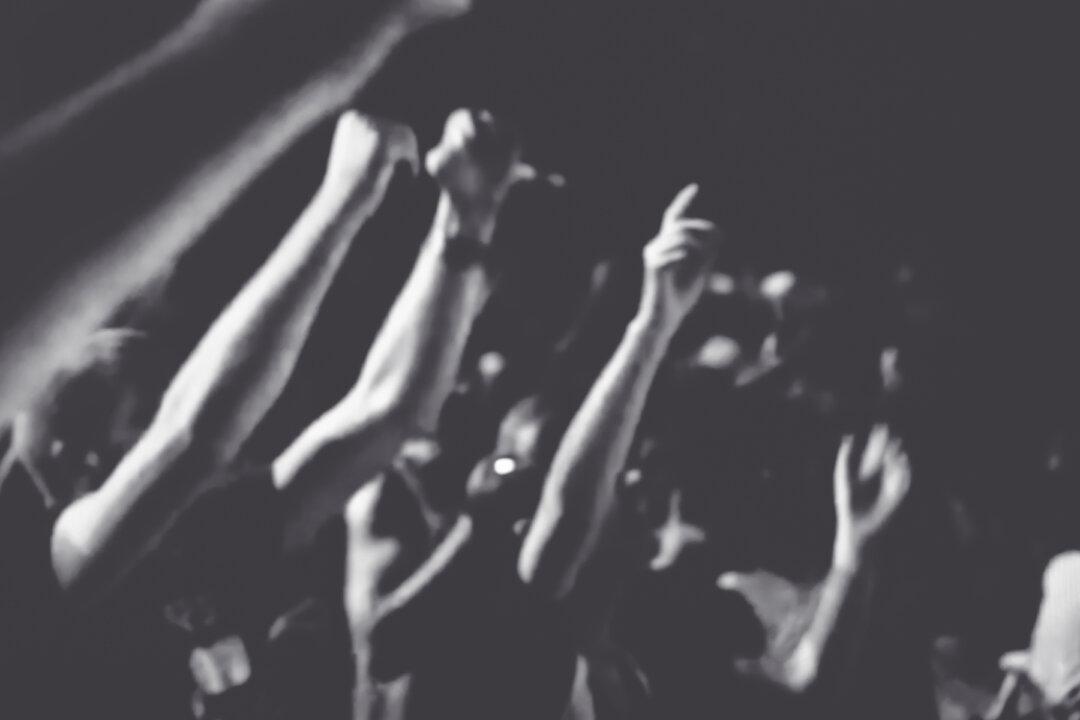Commentary
A new poll publicized on Fox News reports that “Most Americans back Russian oil sanctions, even with soaring gas prices.” The incredible number is 77 percent. It means of course that many people are actually making some connection between the sanctions and the price of gas, forgetting that gas prices rose 50 percent before the sanctions. These timelines, for whatever reason, tend to elude people. Also, inflation is affecting every area of life, not just gasoline.





